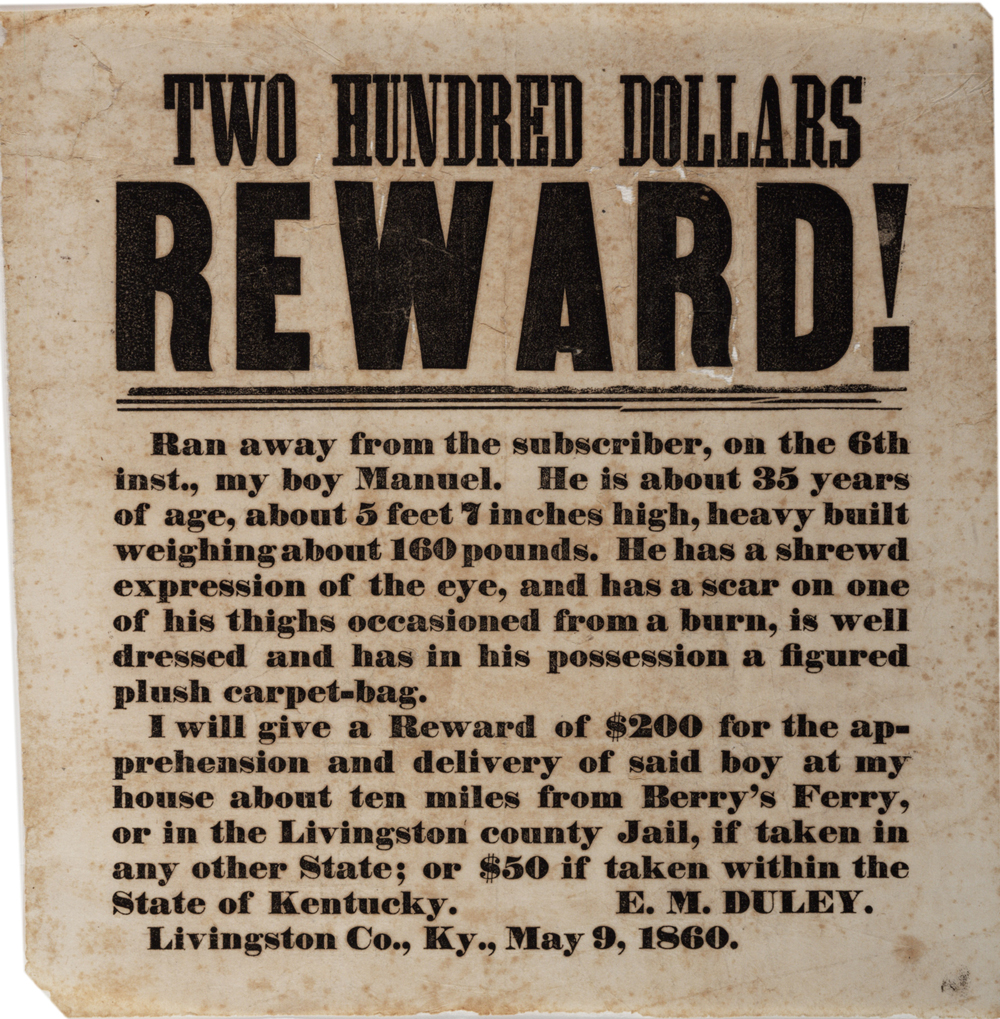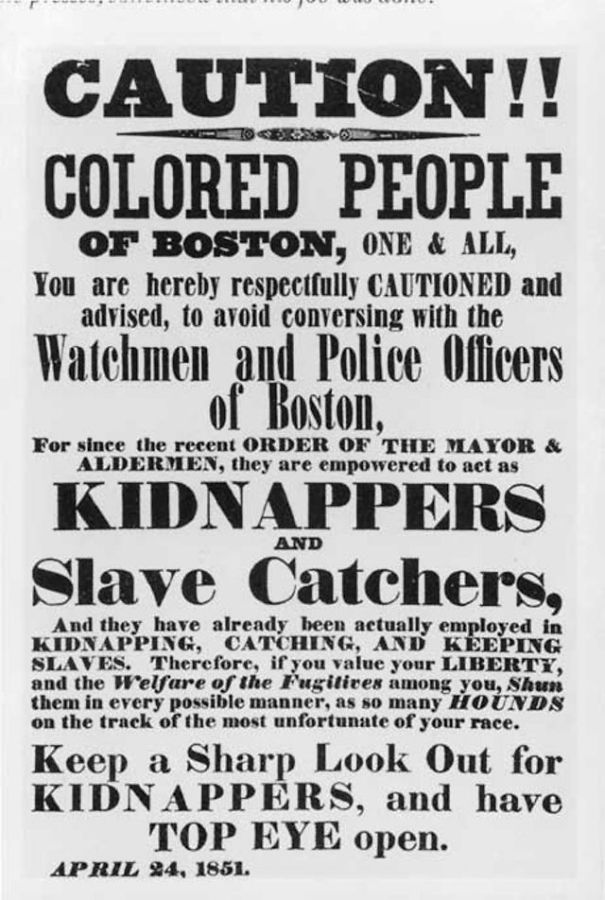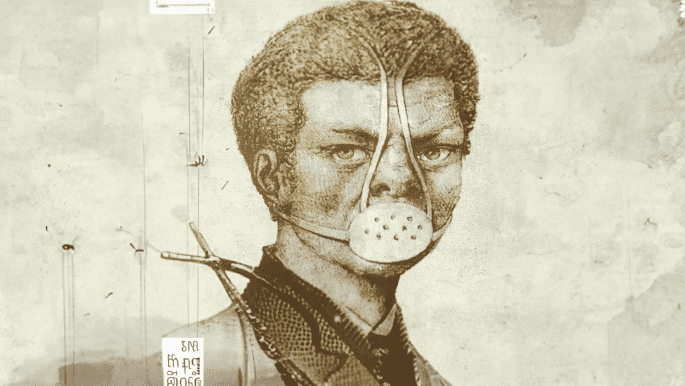The advertisements for the sale of enslaved individuals during the era of slavery are an indelible stain on humanity’s evening dress, remaining the perfect reminder of our capacity to be terribly cruel to one another. Although we officially left it behind (on paper, because in practice, well, you know…), the whispers of that era still linger, affecting everything from how we see each other to who gets credit at the bank.
This article will not only review those sale ads that would make you think they were selling livestock instead of people but also make you wonder, “Have we really changed that much?” By exploring these advertisements, we not only recall how horrific and recent slavery was but also gain a better understanding of its lasting impact and the importance of anti-racist journalism today.

History of Slavery (The Version That Won't Put You to Sleep)

Sales Ad Analysis (Or How to Market to People Without Blushing)
Slavery has plagued humanity for millennia, manifesting in various forms throughout history and across the globe.
From ancient Rome to pre-Civil War southern United States, slavery has been an entrenched institution in the economy and society, sustained by belief systems that dehumanize certain groups of people. This section provides essential historical context, setting the stage for understanding the sale advertisements of enslaved individuals.
The sale advertisements for enslaved individuals offer a chilling window into the past, revealing not only the callousness with which human beings were treated as property but also the dehumanizing language used to describe enslaved individuals. These advertisements, often comparing people to animals and listing their “attributes” as if they were commodities, are testimonies to the brutality of slavery.
How to Make Money Without Worrying About Ethics?
Behind each advertisement are untold stories of suffering, resistance, and, at times, hope. This section delves into the personal stories behind the advertisements, exploring the psychological and social consequences of being seen and treated as property. In doing so, we underscore the importance of remembering these narratives as part of our collective memory.
Legacy of Slavery (Or How Not to Repeat History... Again)
Despite dire circumstances, many enslaved individuals fought for their freedom, often risking everything to escape their captors. Advertisements for escaped enslaved individuals are testimonies to their resilience and determination. This section celebrates these acts of courage and examines resistance movements and key historical figures who fought against slavery.
Slavery left a lasting legacy that still influences contemporary society. This section explores how the aftermath of slavery manifests today in racial and socioeconomic inequalities, underscoring the importance of addressing this legacy as part of the ongoing struggle against racism and discrimination.
The Role of Anti-Racist Journalism
Journalism plays a crucial role in the fight against racism, providing a platform to challenge racist narratives and promote social justice. Here, on Color Click, we discuss the importance of anti-racist journalism, providing examples of how reporting can influence public perception and foster social change.
Education is a powerful tool in the fight against racism. This section emphasizes the importance of historical education in promoting a deeper understanding of slavery and its impact, as well as in building a more inclusive and just society.





